2021-22 Events
After the pandemic made in-person events impossible, we started our new virtual event series CGES Online in April 2020. Most CGES Online events were recorded. If available, you will find a link to the recording on the individual event's page, simply click on the event title you are interested in. Find a list of links to all recorded webinars on CGES Online's Echo360 website.
CGES Online events are being continued throughout the 2022-23 season.
Fall 2021
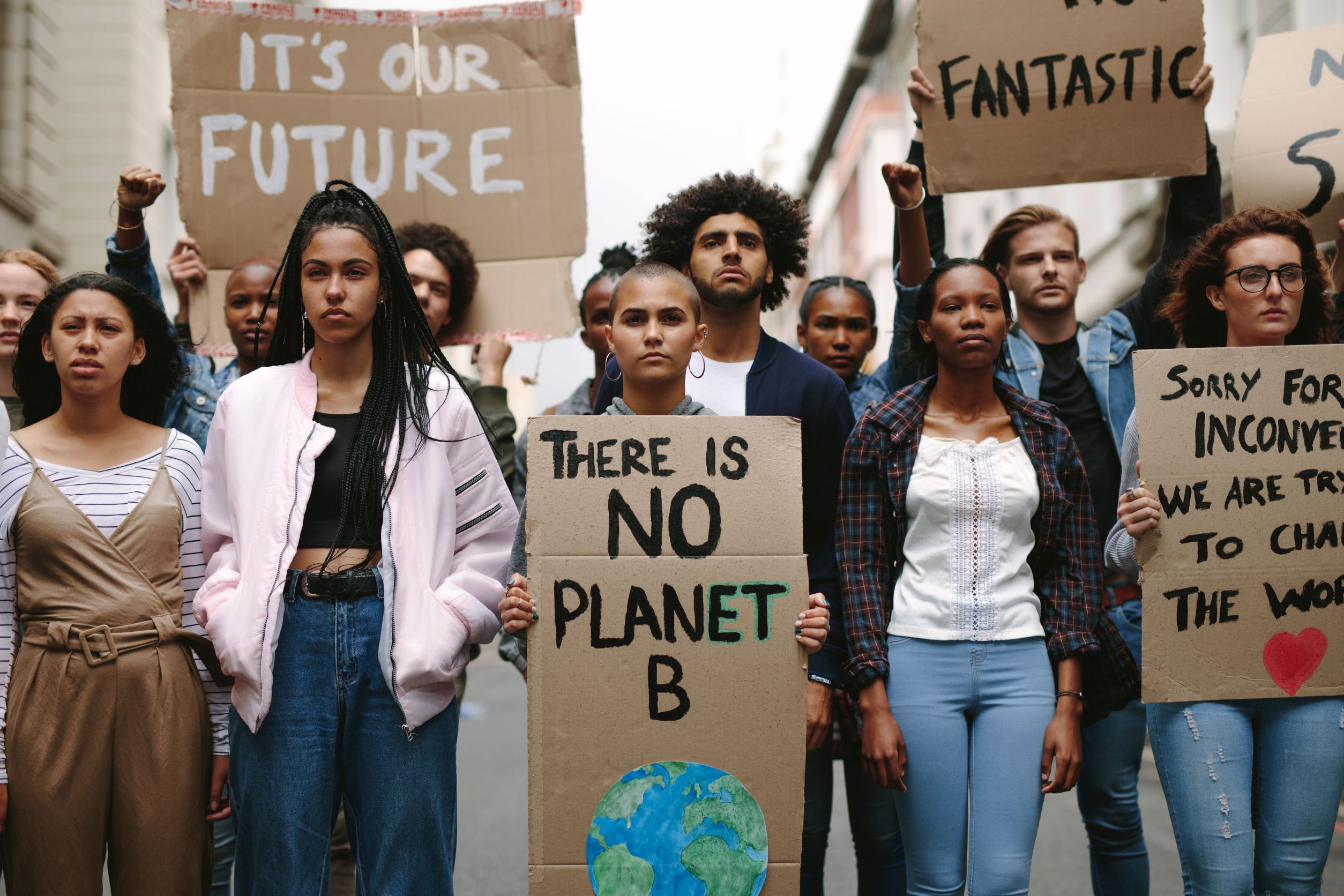
Photo Credit: Shutterstock/Jacob Lund
December 14, 2021
Hybrid Event
Greta Thunberg is a household name today, but most people don't know that the Fridays for Future youth climate movement that she sparked is largest in Germany. What are the differences between Fridays for Future and the Sunrise movement in the United States? What about organizations like Extinction Rebellion or 350?
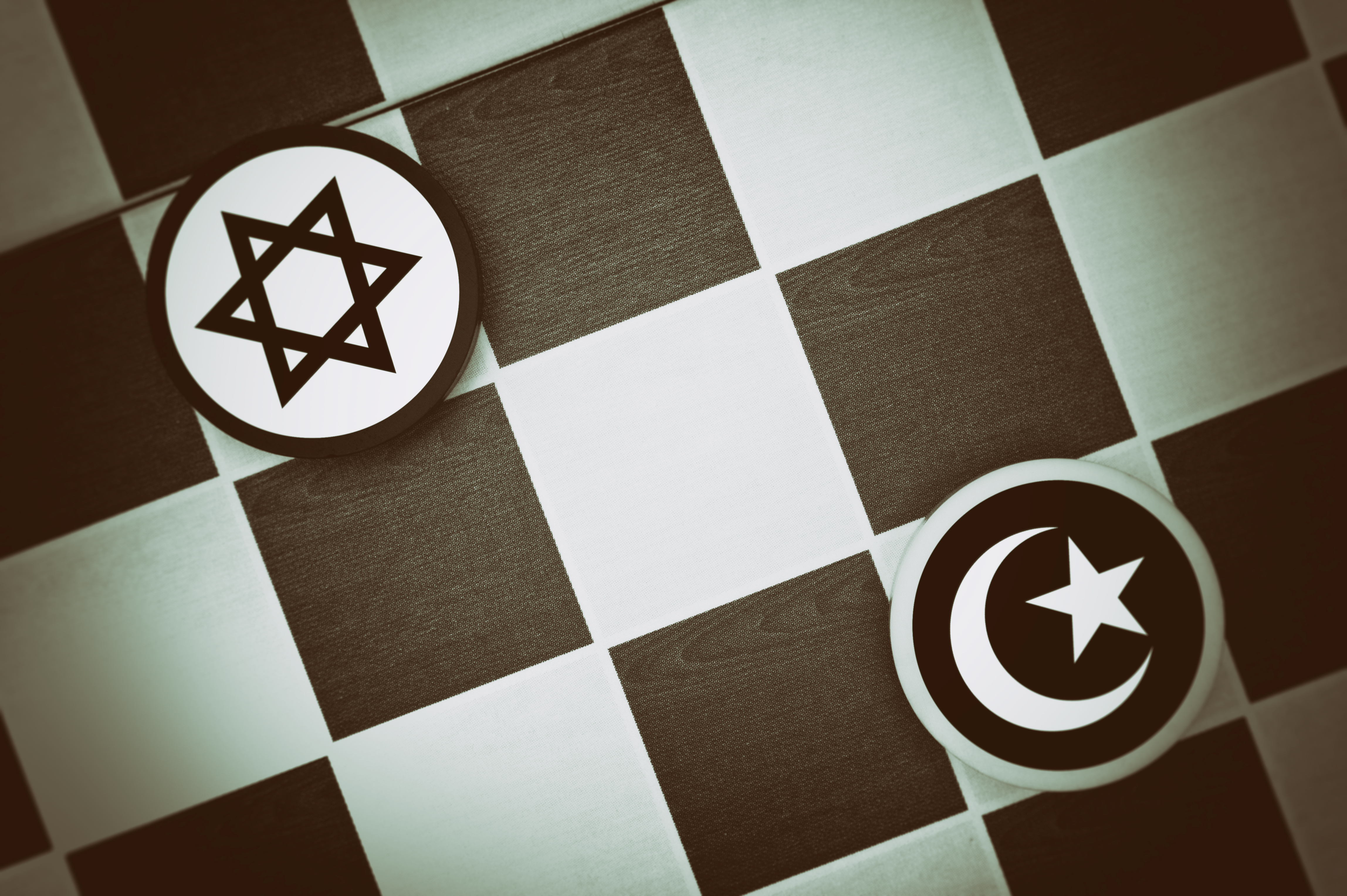
Photo Credit: Shutterstock/M-SUR
December 13, 2021
Hybrid Event
Jews and Muslims live together in contemporary Dubai, Berlin, and Warsaw. Our three speakers will present three case studies evaluating emerging trends and patterns in each trans-urban context. Through qualitative anthropological research centralizing respondents' own lived experiences and worldviews, interactions between Muslims and Jews in each location are studied as a formative part of public discourse.
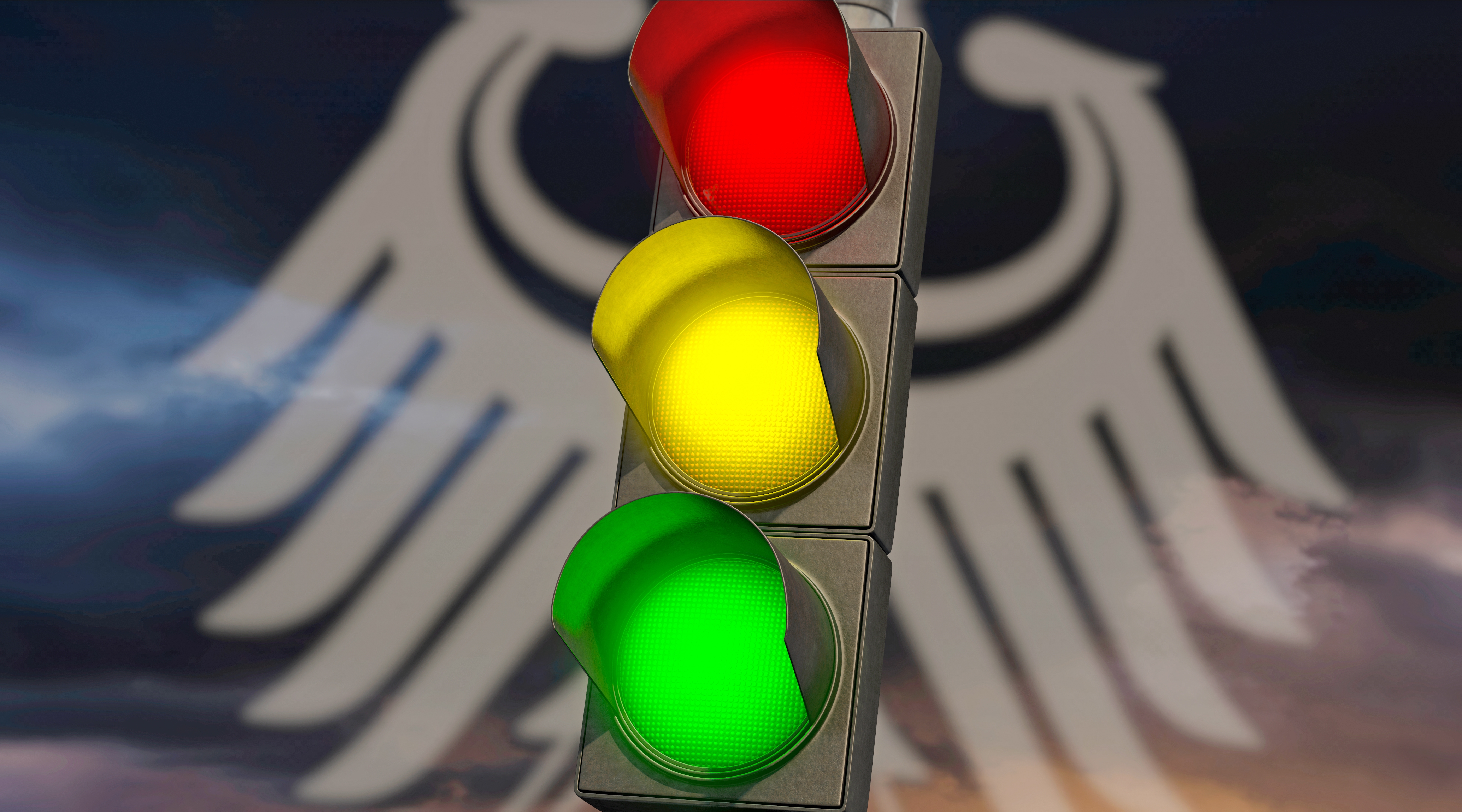
Photo Credit: Shutterstock/DesignRage
December 6, 2021
Hybrid Event
After 16 years of Angela Merkel, Germany has a new Chancellor. His name is Olaf Scholz, and he is a Social Democrat. He will be governing a "traffic light" coalition together with the Greens and the (conservative) Liberals. What will this mean for Germany and for Europe? What is going to change? Where will we see continuity?
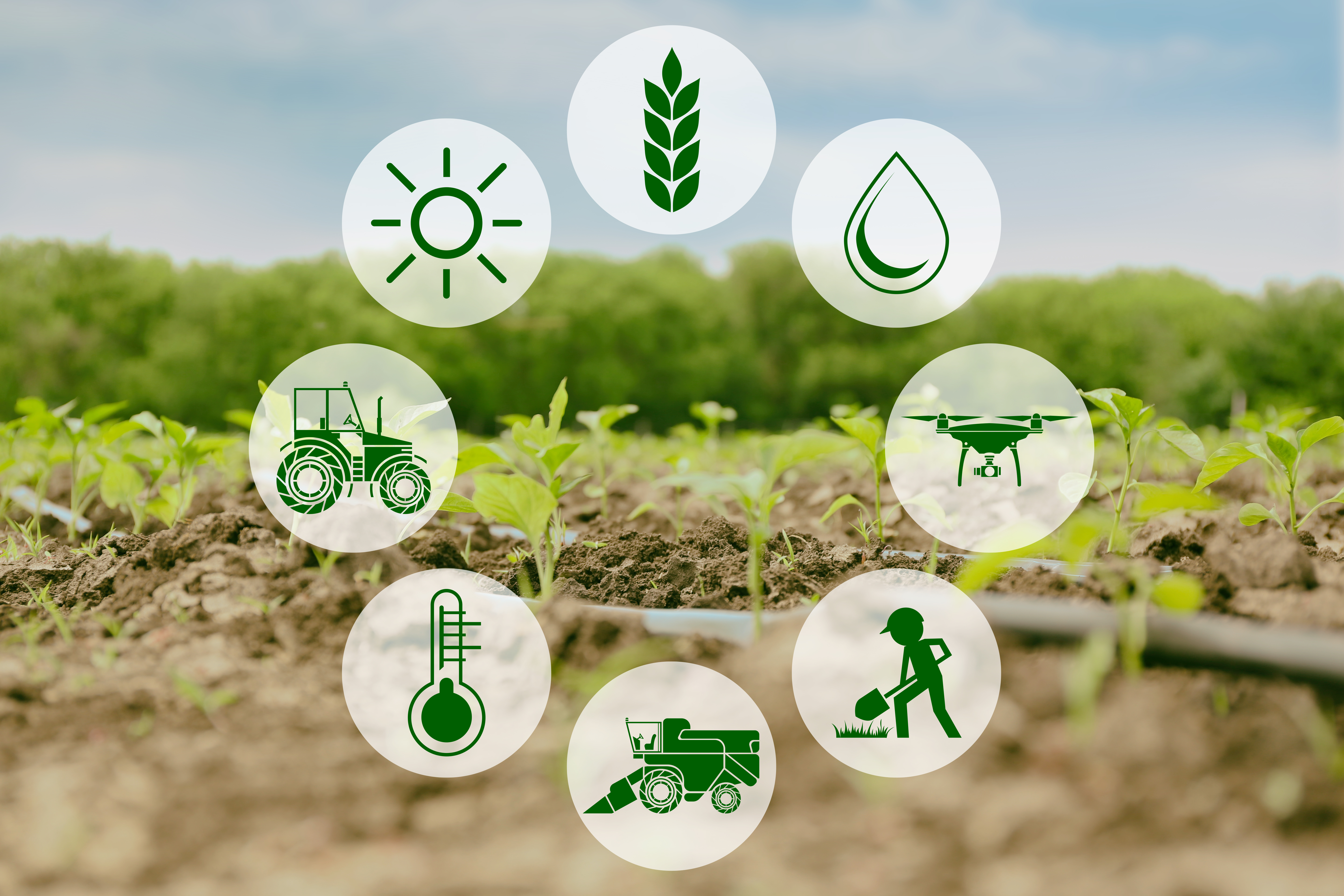
Photo Credit: Shutterstock/Africa Studio
November 29, 2021
CGES Online Event
In light of great global challenges like the climate and biodiversity crises, what food systems do we need in order to be able to produce nutritious, healthy food for all within planetary boundaries? What is the agricultural model of the future?
The EU’s “Farm-to-Fork-Strategy” as part of the European Green Deal aims to reach 25% organic food production by 2030. Austria is already now at 26%, Sweden 21%. In Germany, organic farms increased their acreage by 50% over the past five years. One third of all conventional farmers say they can imagine transitioning to organic farming. What about the US?
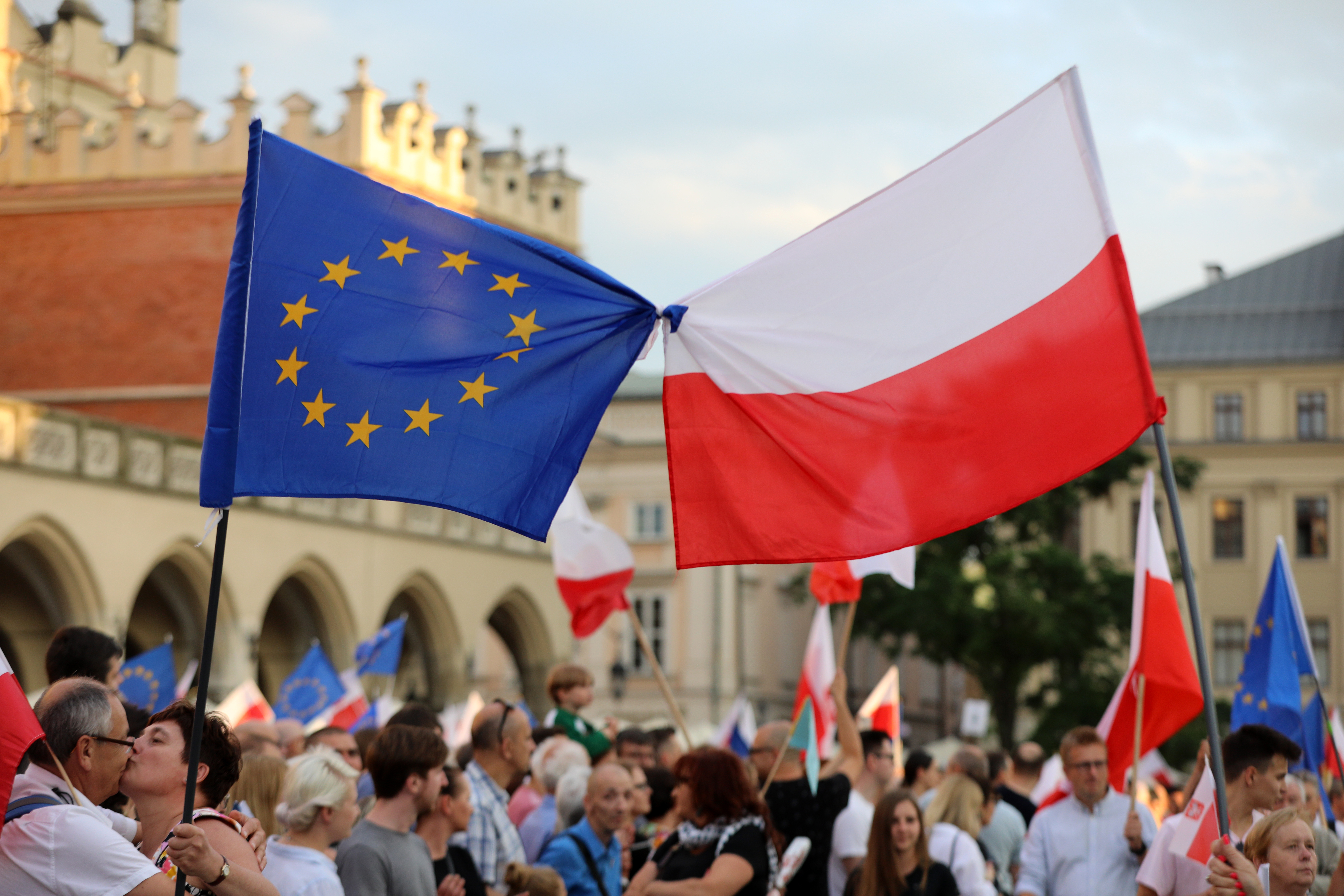
Photo Credit: Shutterstock/wjarek
November 22, 2021
CGES Online Event
Since the coming to power in 2015 of the so-called Law and Justice party, led by Jaroslaw Kaczynski, basic values of Western-style democracy like the independence of the judiciary and media pluralism came under heavy attack in Poland. Following the example of Hungary under Viktor Orban, successive laws of the Polish government gradually undermined the separation of powers and the independence of the mass media and ultimately provoked a massive conflict with the European Commission, which according to the European treaties, signed by all member states, is the guardian of the European legal order.
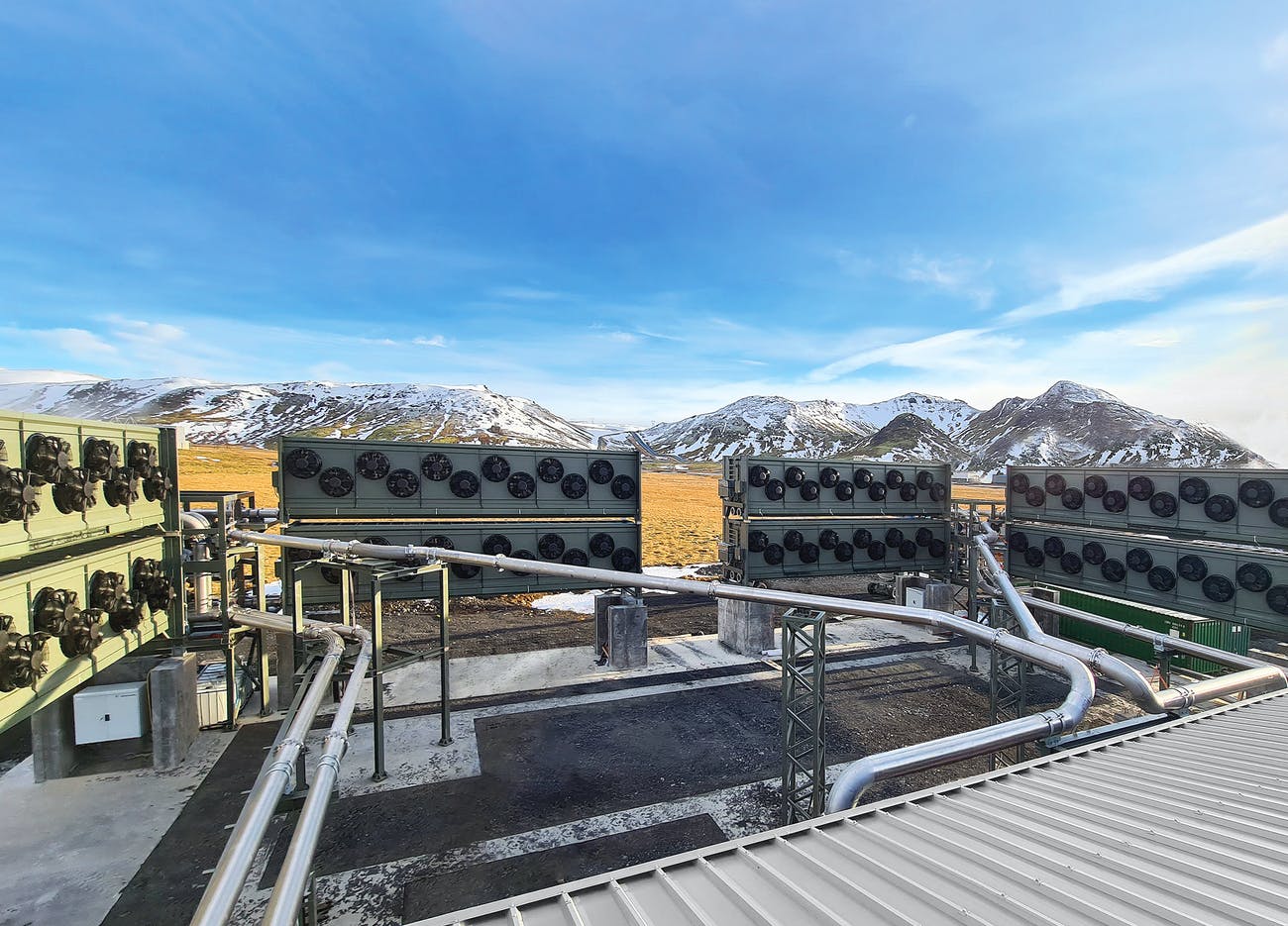
Photo Credit: Climeworks
November 18, 2021
CGES Online Event
“Achieving net-zero” emissions by the middle of the century is a goal that few would fault. But not all emissions from food and industrial production can be entirely prevented. So many experts argue that it is high time countries start building up a new industry of CO2 removers, or at least standardise the use of readily available nature-based carbon uptake options. Others warn that relying on removal methods, be they carbon storage in soils or capturing CO2 from industrial processes or directly out of the air and then storing it underground, only draws attention away from the really important task of avoiding emissions altogether.
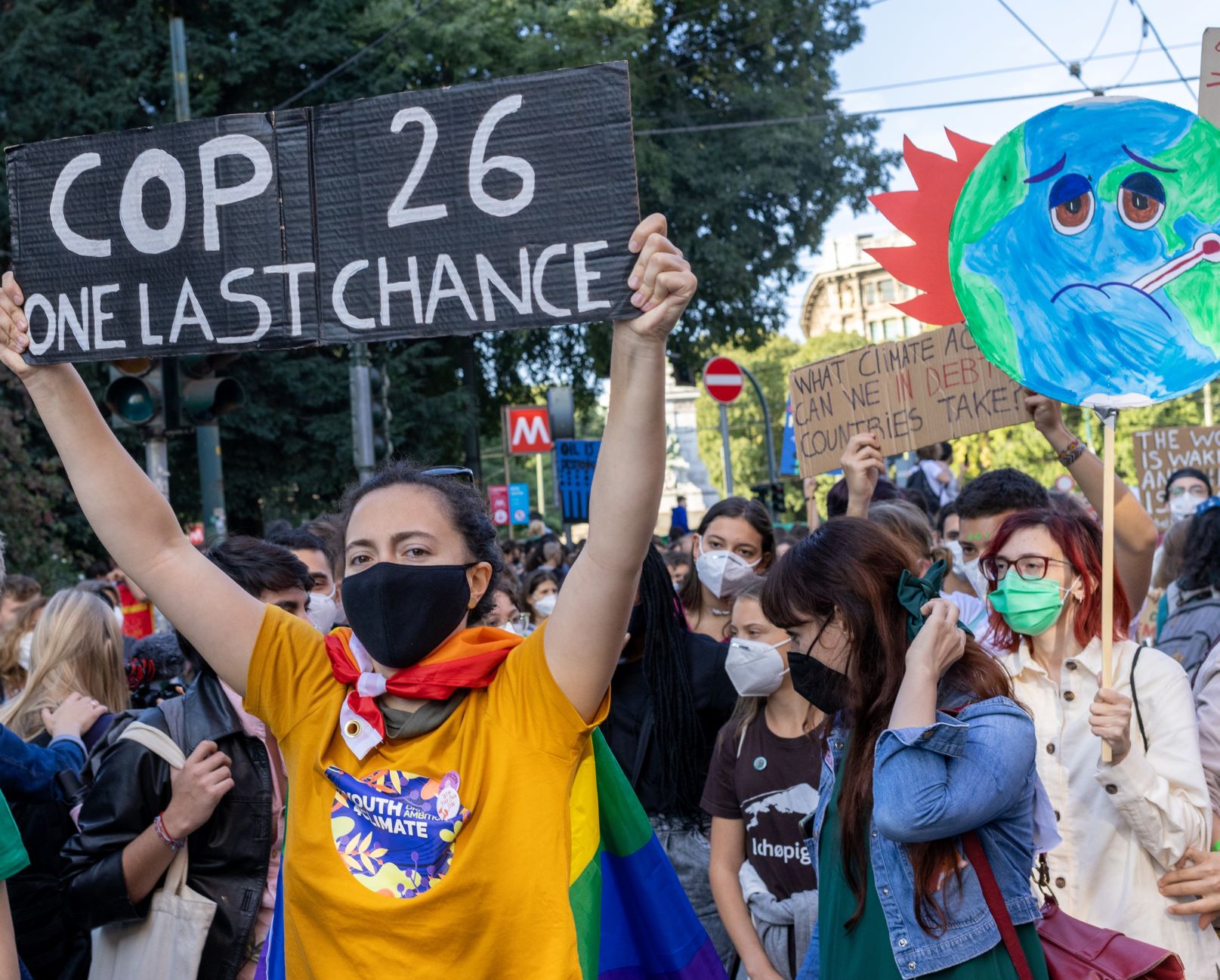
Photo Credit: Shutterstock/Mauro Ujetto
November 15, 2021
CGES Online Event
COP26 has shown the many faces of climate action - youth demonstrating with Greta Thunberg, negotiators searching for agreement on policy proposals, scientists presenting the grim results of their research. Another tool in the arsenal of tools to tackle climate change is litigation. Laws need to be developed, implemented, and enforced. Legal and judicial professionals need training. In this webinar we will talk about the successes and challenges of fighting for climate justice through the legal system.
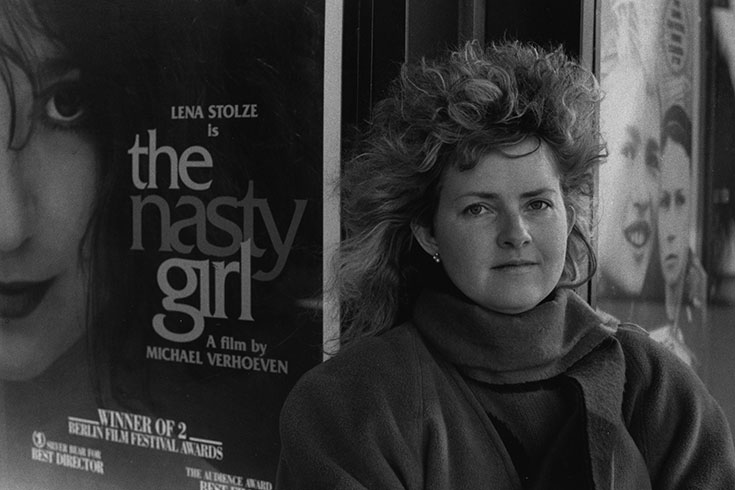
Photo Credit: Anna Rosmus
November 9, 2021
In-person event on campus, outside guests welcome (please read requirements on event page)
As a teenager in the 1970’s, Anna Rosmus embarked on a research project: What had her city (Passau, Germany) done to help the Jews during the Nazi era? What began as an innocent question turned into a lifelong project when Rosmus realized why her fellow citizens were doing everything in their power to prevent her from discovering the truth.
Join an in-person conversation with Dr. Anna Rosmus, now a German-American historian and the author of several books, including Against the Stream: Growing Up Where Hitler Used to Live (2002), and Out of Passau: Leaving a City Hitler Called Home (2014).

Photo Credit: Anna Rosmus
November 8, 2021
In-person event on campus, outside guests welcome (please read requirements on event page)
The True Story of Anna Rosmus who confronted the conspiracy of silence in her hometown of Passau, Germany after World War II. Filmmaker Michael Verhoeven turned her story into an Oscar-nominated feature film called Nasty Girl (Das schreckliche Mädchen) in 1990. Join us for a screening of the film.
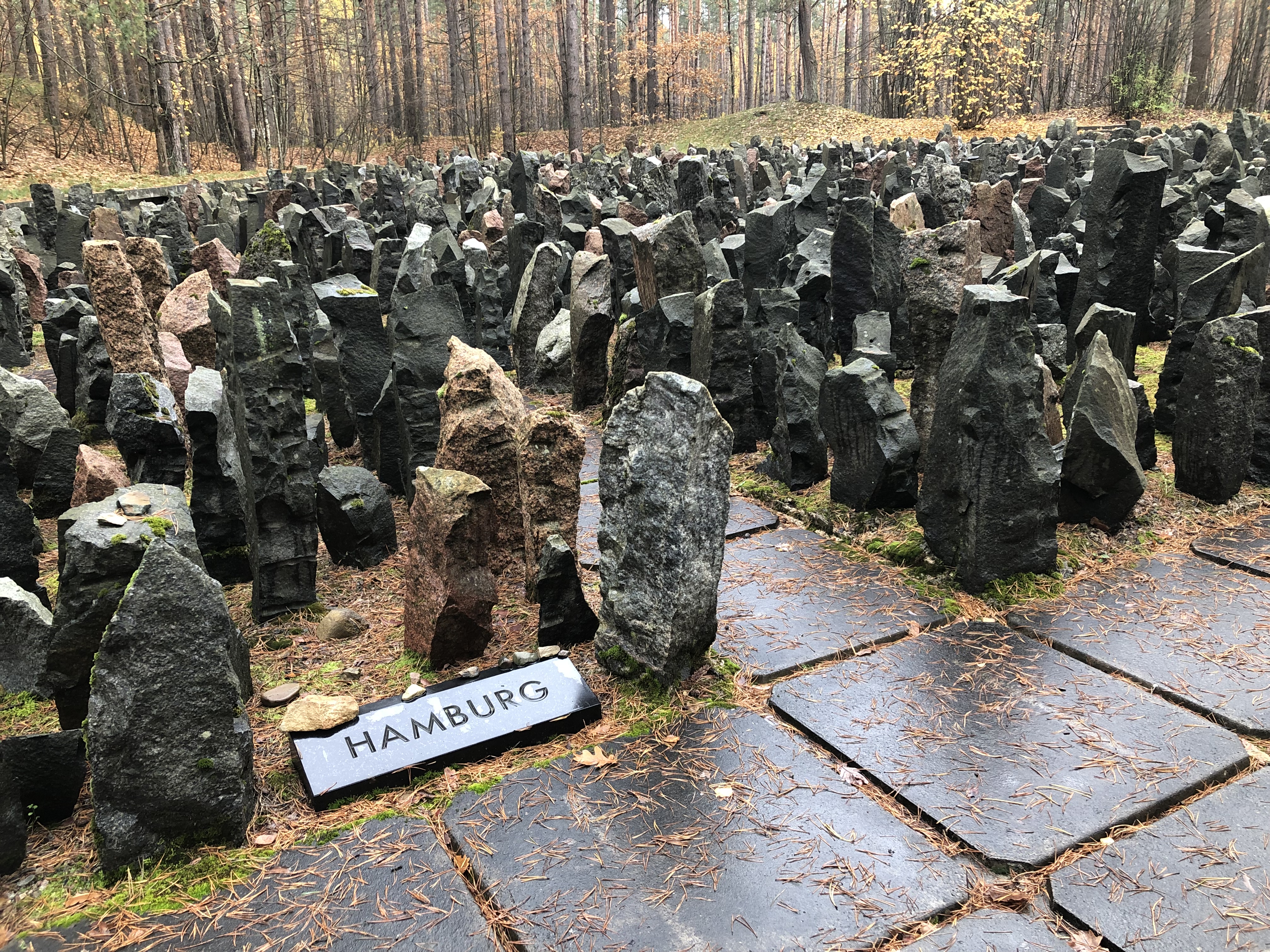
Photo Credit: Sara Elkmann
November 8, 2021
CGES Online Event
In the fall of 1941 the Third Reich begins with deportations of Jews in heretofore unknown dimensions. In Hamburg the station „Hannoverscher Bahnhof“ served as the point of departure and transfer station for the transports from Northern Germany to Eastern Europe.
How do we commemorate the deportations in Hamburg and at the places of their destinations? On the 80th anniversary of the deportation to Minsk, Stefan Wilbricht provides insight into the work of the team Dokumentationszentrum „denk.mal Hannoverscher Bahnhof“ in Hamburg.
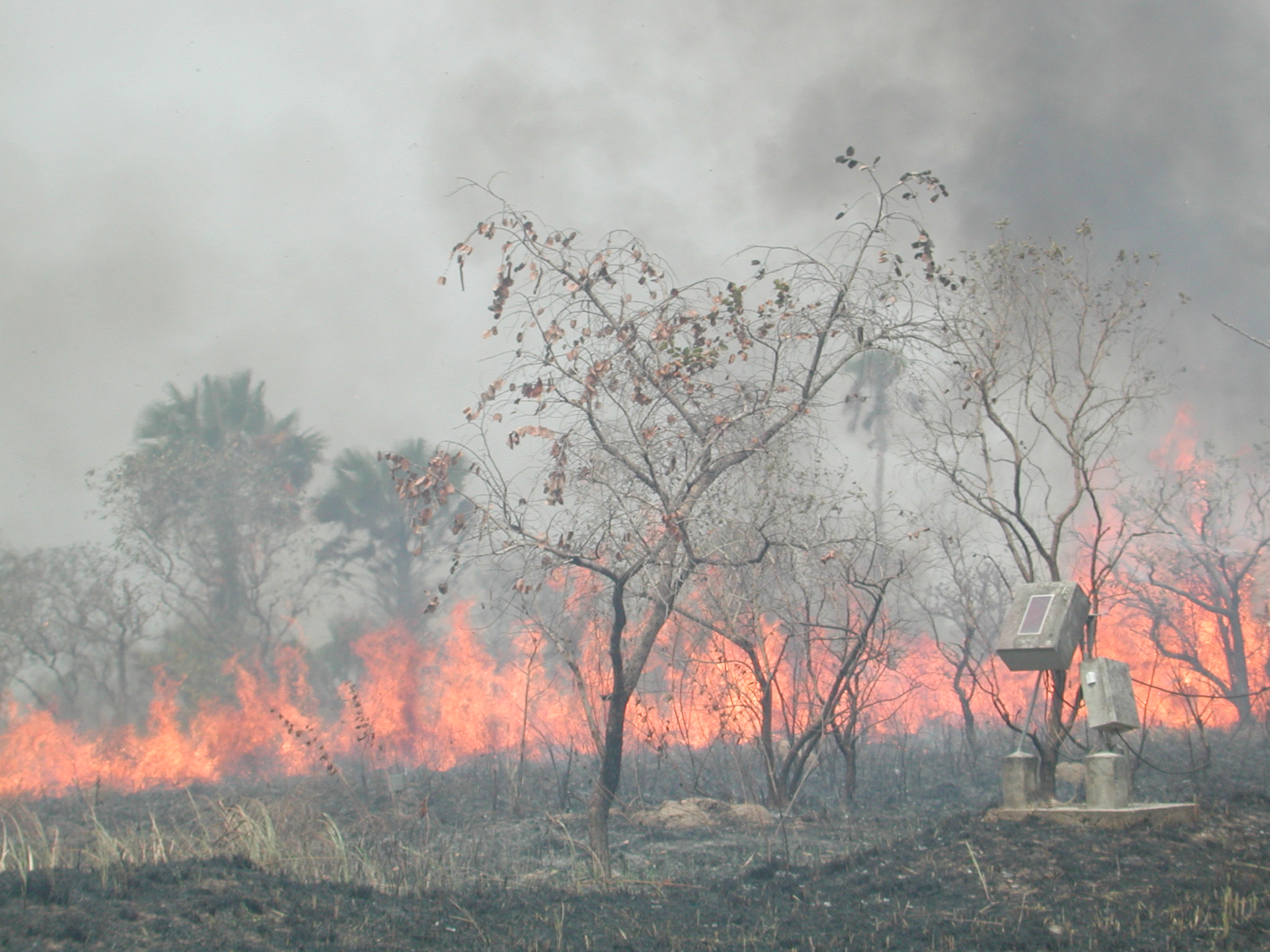
Photo Credit: Christian Borgemeister
October 28, 2021
CGES Online Event
Climate change and the loss of biodiversity are threatening Africa’s sustainable development. The vast African savanna systems have largely been converted into managed landscapes, including agricultural and settlement areas. Yet they are very rich in biodiversity and provide indispensable ecosystem services, and at the same time, the savannas are the “breadbasket” of the continent.
To develop both social-ecological resilience and human capacities and to facilitate knowledge exchange across sectors and disciplines to overcome the barriers for implementation of innovative approaches on climate change adaptation and biodiversity conservation stronger linkages at the interfaces between science and policy, science and practice as well as policy and practice are needed.
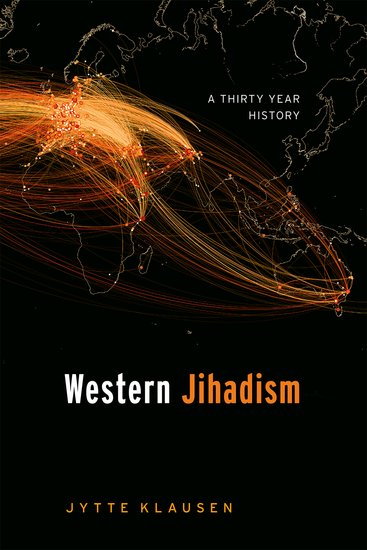
Photo Credit: Oxford University Press
October 26, 2021
CGES Online Event
This book tells the story of how Al Qaeda grew in the West.
Brandeis Professor Jytte Klausen speaks about her new book that traces how Islamist revolutionaries exiled in Europe and North America in the 1990s helped create and control the world’s deadliest terrorist movement—and how, after the near-obliteration of the organization in the aftermath of the 9/11 attacks, they helped to rebuild it.

Photo Credit: Blackstone Publishing, Rowman & Littlefield Publishers
October 25, 2021
CGES Online Event
Rachael Cerrotti is the author of “We Share The Same Sky”. (2021). An award-winning author, photographer, educator and audio producer she is also the inaugural Storyteller in Residence for USC Shoah Foundation. Julie Lindahl is a multi-national author, activist and educator living in Sweden. Her 2018 memoir, “The Pendulum; A Granddaughter's Search for Her Family's Forbidden Nazi Past” (Rowman & Littlefield, 2018) reveals her 6-year journey through Europe and Latin America to discover the role her grandparents played in the Third Reich.
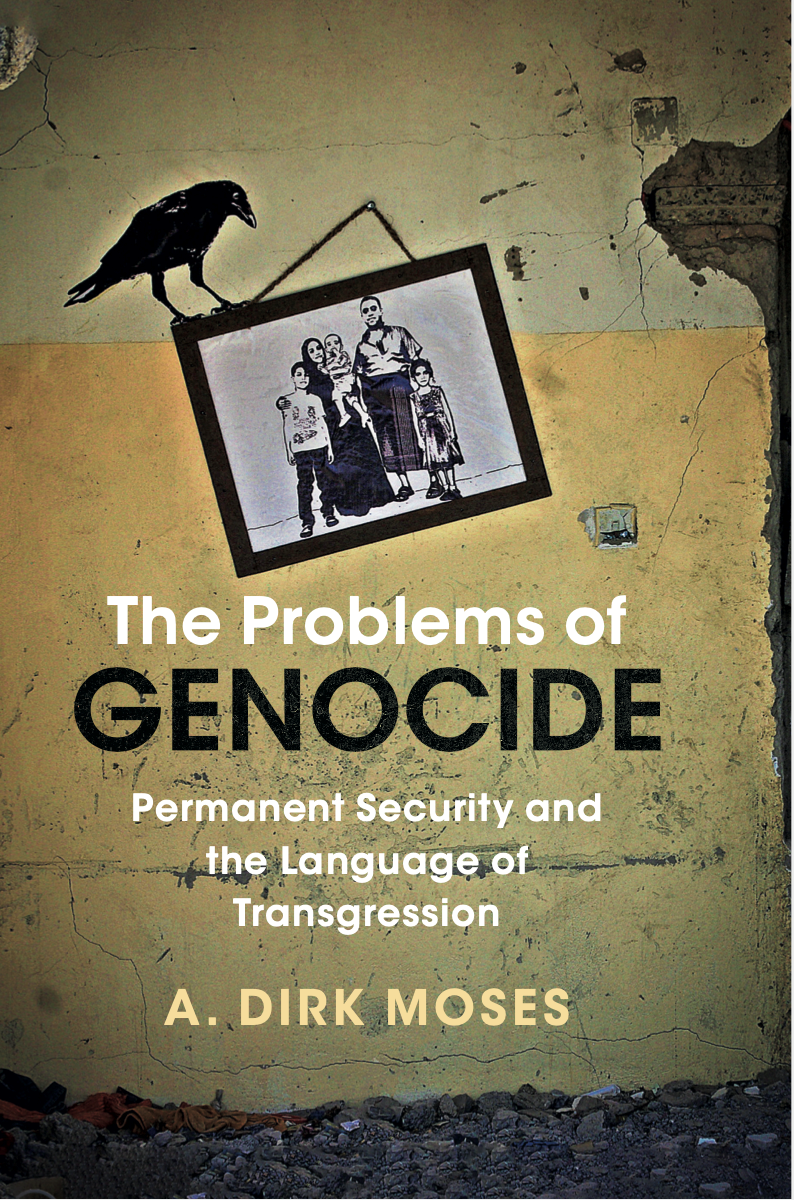
Photo Credit: Cambridge University Press
October 21, 2021
CGES Online Event
Genocide is not only a problem of mass death, but also of how, as a relatively new idea and law, it organizes and distorts thinking about civilian destruction. Taking the normative perspective of civilian immunity from military attack, A. Dirk Moses argues that the implicit hierarchy of international criminal law, atop which sits genocide as the 'crime of crimes', blinds us to other types of humanly caused civilian death, like bombing cities, and the 'collateral damage' of missile and drone strikes.

Photo Credit: HarperCollins Publishers
October 20, 2021
CGES Online Event
Award-winning German writer Ulla Lenze makes her American debut with THE RADIO OPERATOR, a taut and engrossing historical novel that draws on a forgotten, but contemporarily relevant, chapter from the past: pro-fascist activity among German immigrants in the U.S. in the years leading up to World War II. The author has written a highly personal and meditative novel that unfolds against a seemingly familiar backdrop while offering a fresh point-of-view. THE RADIO OPERATOR is a keenly observed work of fiction that introduces an accomplished literary voice to American readers.

Photo Credit: S. Fischer
October 19, 2021
CGES Online Event
Ada is not one, but many women: She revolves in orbits between Ghana and London before eventually landing in Berlin. But she is also all women—because these loops transport her from one century to the next. And so, she experiences the misery but also the joy of womanhood: she is a victim, she offers resistance, and she fights for her independence. With vivid language and infinite imagination—with empathy and humor—Sharon Dodua Otoo’s novel ADA’S REALM paints an astonishing picture of what it means to be a woman.
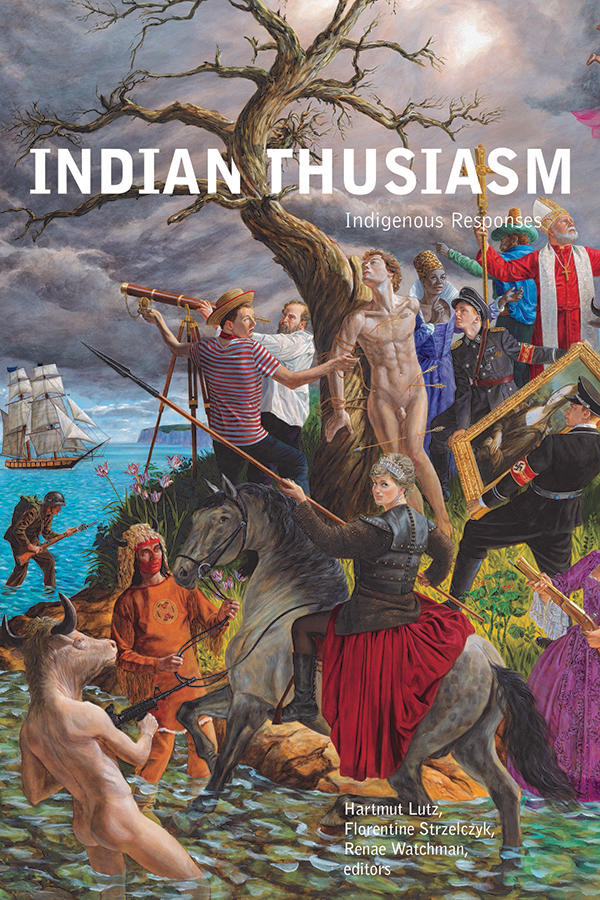
Photo Credit: WLU Press
October 11, 2021
CGES Online Event
This webinar will introduce the phenomenon of Indianthusiasm in Germany, with particular emphasis on Indigenous presence across the pond. We would then like to take the conversation beyond Indianthusiasm and explore contemporary Indigenous issues that encourage decolonial frameworks that challenge and reframe Indianthusiasm.
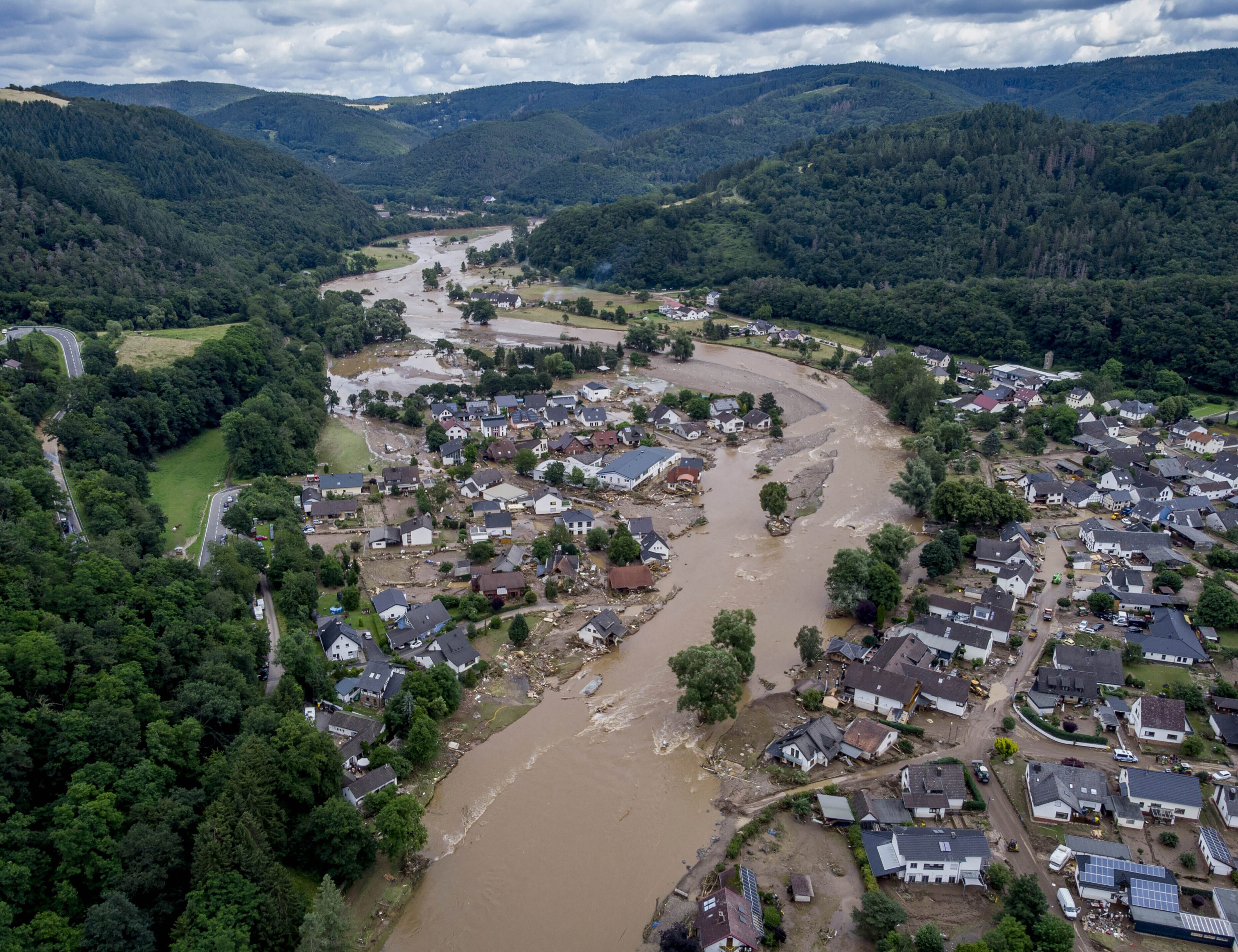
Photo Credit: Shutterstock/Nick_ Raille_07
October 6, 2021
CGES Online Event
The images went around the world: Between July 12 and 15, 2021, entire villages in Western Germany were swept away by devastating floods. 200 people were killed. The federal government has since pledged $36 billion to help the region rebuild. But the IPCC report released in August suggests that floods like these will likely be the norm, not the exception, in the decades to come.
What can be done? What are researchers advising local authorities and city planners to do? What is the connection between mitigation (i.e. decarbonization) and adaptation (resilience)?
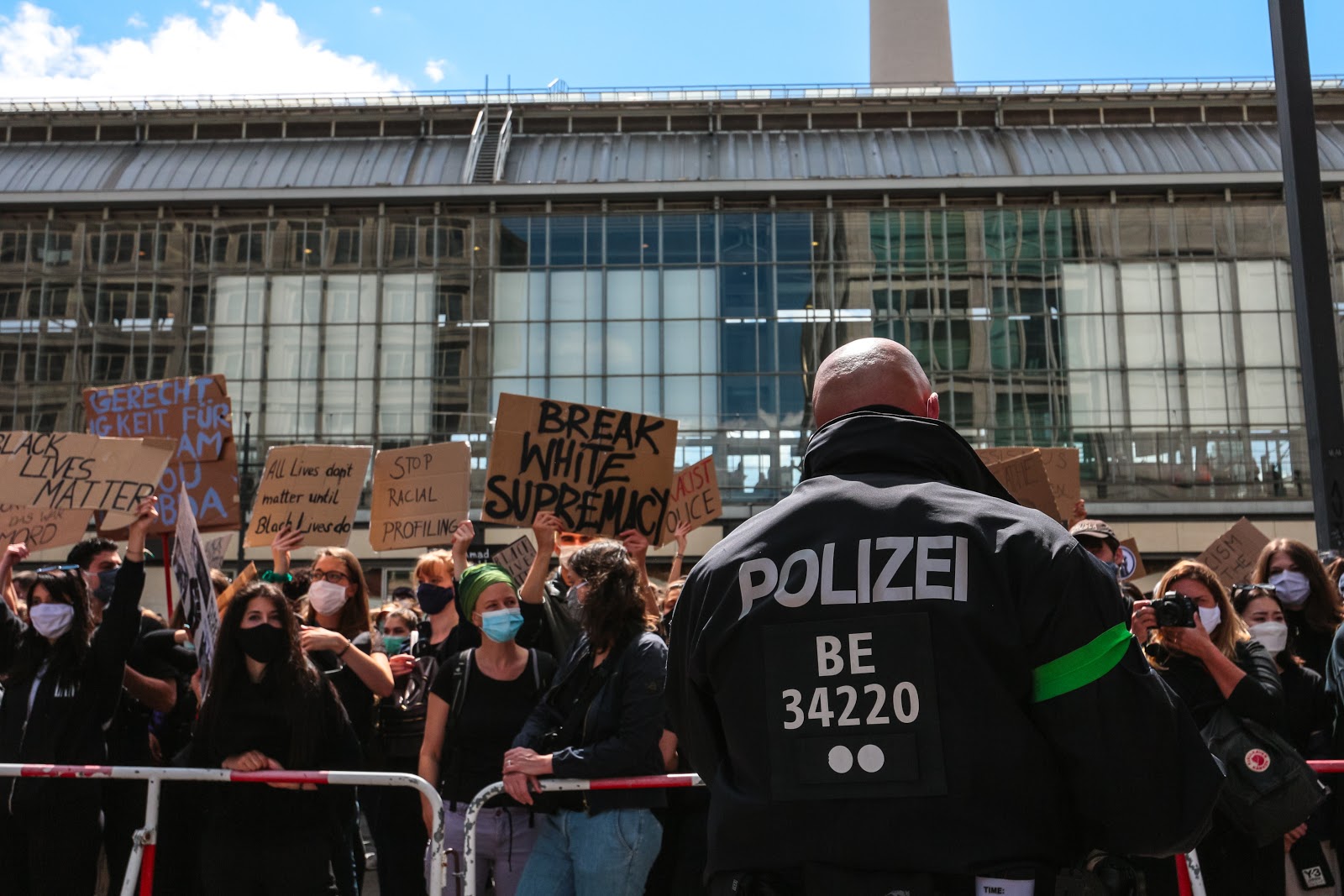
Photo Credit: Shutterstock/Sybille Reuter
October 4, 2021
CGES Online Event
The global protests and mobilization for black lives crystallized around policing, although simultaneously pointing at the broader dimensions of criminalization and control of especially black and other racialized poor folks and communities. The protests unfolded globally very quickly, also in many parts of continental Europe such as Germany, France and Switzerland. In this talk, we discuss the differential logics of policing in Europe, which are connected to the histories of empire, colonialism and the current conjunctures of racial gendered capitalism.
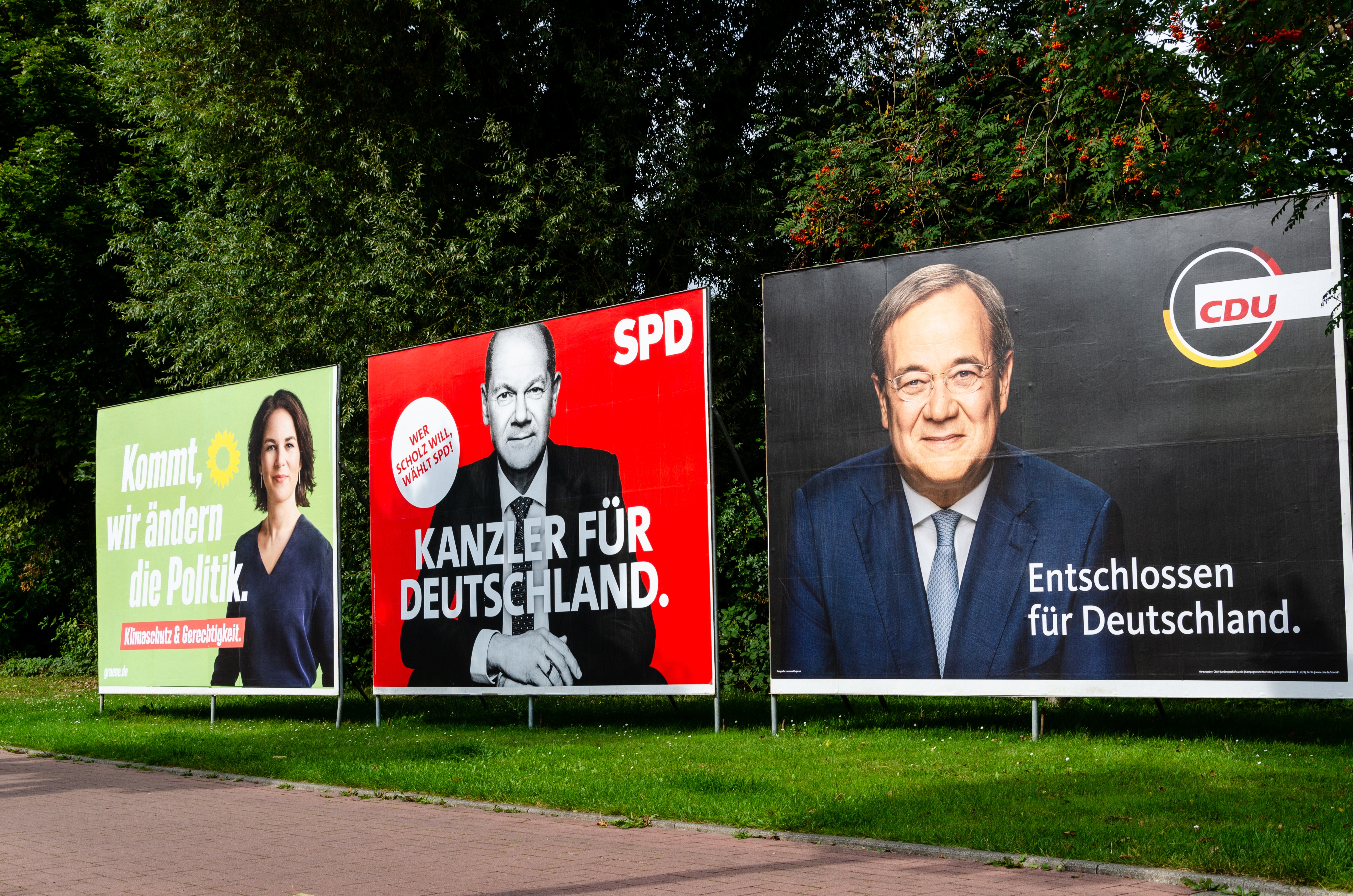
Photo Credit: Shutterstock/Lutsenko_Oleksandr
October 4, 2021
In-person event, limited to Brandeis campus community5:30-6:30pm, Atrium of Mandel Humanities Center
The federal election in Germany on September 26 has changed the country. After 16 years as Chancellor, Angela Merkel did not run again, and her party suffered a historic defeat at the polls. We asked faculty and students with an interest in Germany/Europe to help us understand the results and what this will mean for Germany, for Europe, and for transatlantic relations going forward. Come join the discussion!!
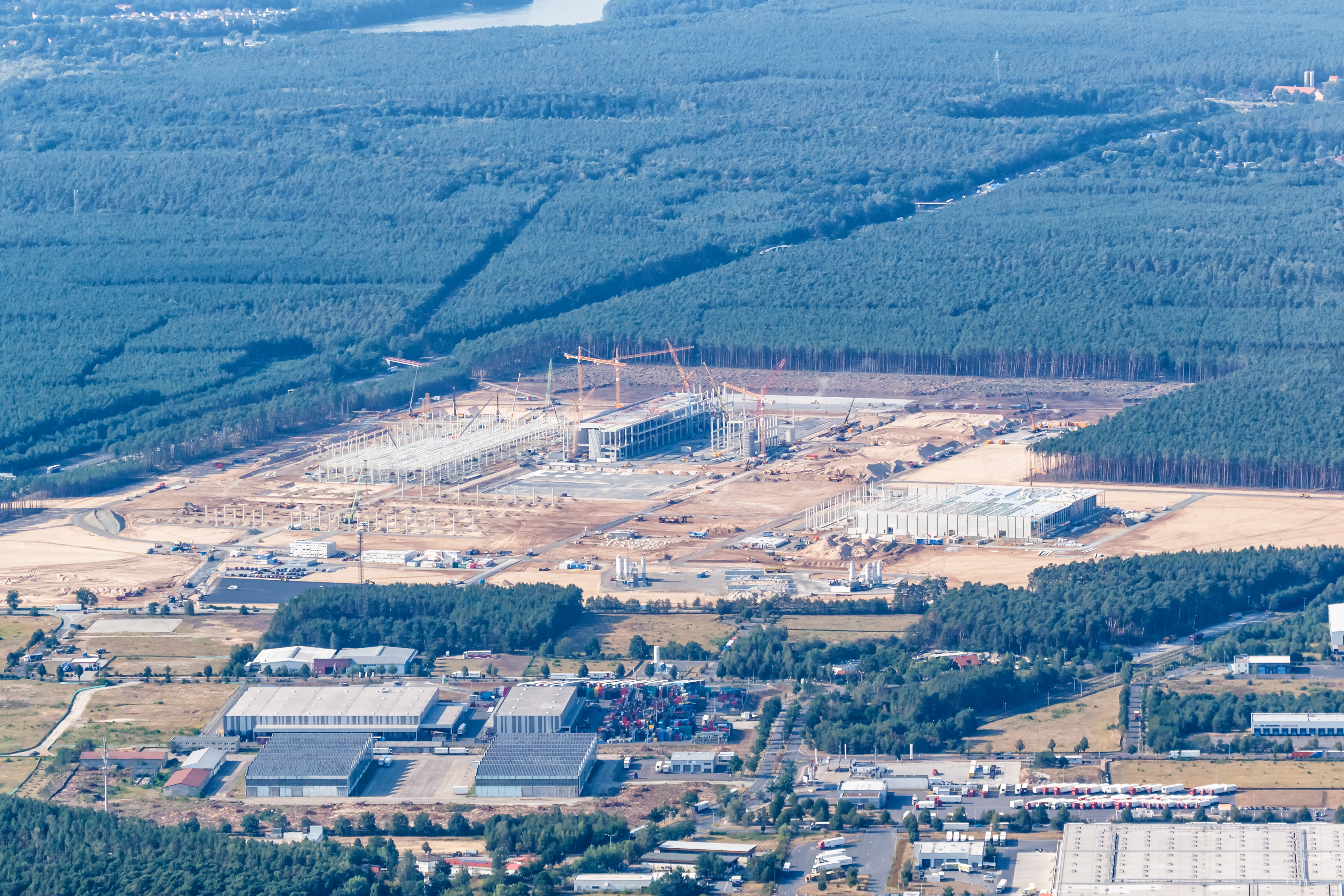
Photo Credit: Shutterstock/Markus Mainka
September 22, 2021
CGES Online Event
Tesla billionaire Elon Musk has been pushing for his new gigafactory to be opened in Grünheide, Berlin-Brandenburg, Germany this year. On Twitter he has been telling his followers that the factory will be open to visitors in early October. Not so fast, say local environmental activists opposing the plant.
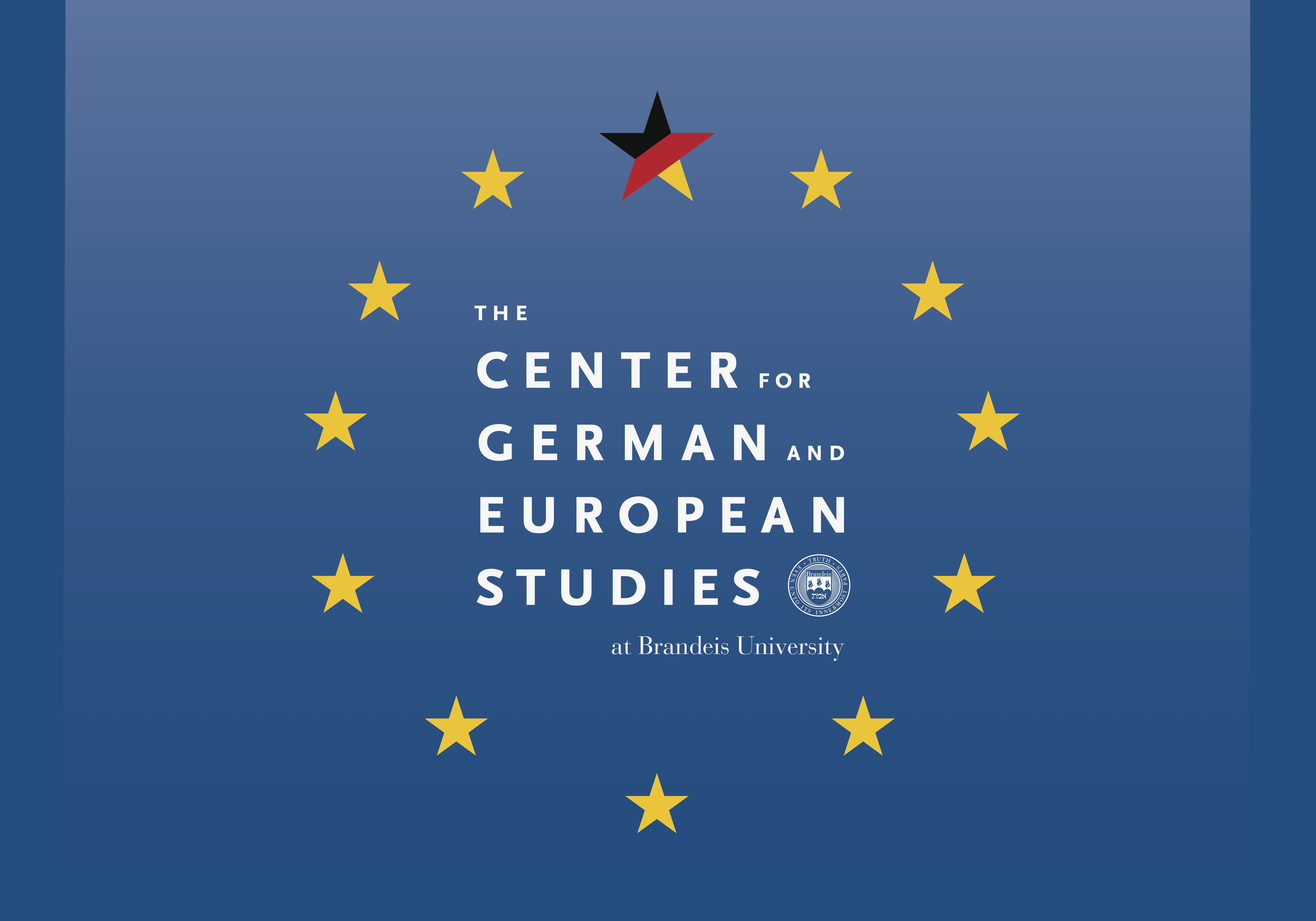
Photo Credit: CGES Brandeis
September 20, 2021
CGES welcomes you back to a new fall season with online and in-person events!
Monday, September 20th, 2021
11:00 am-1:00 pm
3rd floor of the Mandel Humanities Center (Reading Room)
Please join us for German pastries and conversations about our upcoming events. CGES is also still recruiting for our 2021-2022 student team, please come talk to us if you are interested! No registration required.
Due to COVID restrictions, this reception is limited to members of the Brandeis campus community and we cannot admit off-campus guests at this point. Thank you for understanding and please feel welcome to reach out with any questions via email.
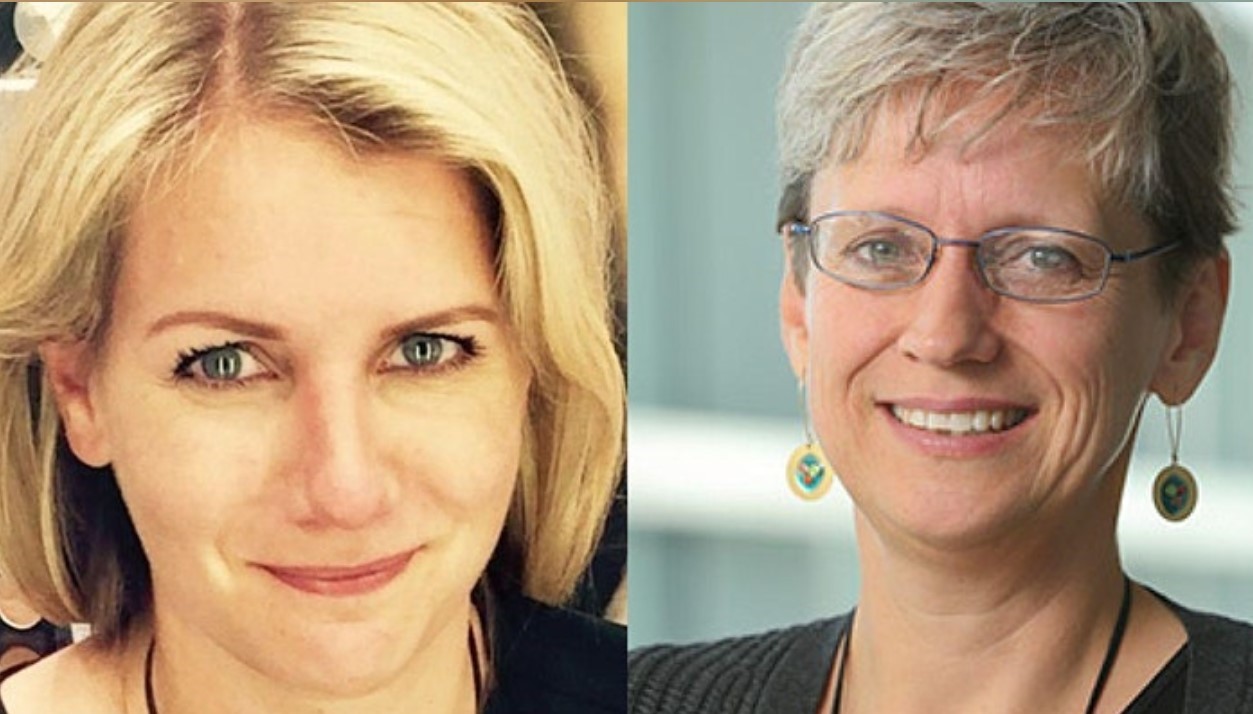
Photo Credit: Private/Mike Lovett
September 14, 2021
This event is organized by the Goethe-Institut Boston in cooperation with the German Consulate General, Boston and the German American Business Council, Boston. It will be held in person, please register if you plan to attend.
German Election Preview with Juliane Schäuble and Sabine von Mering
Tuesday, September 14th
170 Beacon Street, Boston
Germans will vote on Sunday, September 26 to elect a new Bundestag, or federal parliament. The result – after coalition negotiations likely to involve two or three parties – will decide who will succeed Angela Merkel, who is leaving after 16 years as chancellor. The leading contenders are Olaf Scholz for the SPD – Social Democrats, Annalena Baerbock for Die Grünen – Greens and Armin Laschet for the CDU/CSU – Christian Democrats.
Please join us for an election preview with Juliane Schäuble, the US Correspondent for Berlin’s newspaper “Der Tagesspiegel” and Sabine von Mering, Director of the Center for German and European Studies, Brandeis University.
Spring 2022
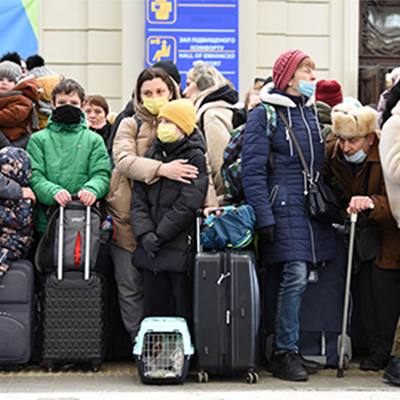
April 29, 2022
The escalation of the armed conflict in Ukraine has led to the destruction of civilian infrastructure and civilian casualties, forcing people to leave their homes and land in search of safety, protection and assistance. In my talk, I try to give an overview of the current and future challenges that Germany as well as other European countries face in respect to reception and integration of the Ukrainian refugees. Thereby, I point to differences and similarities between the current and the 2015/2016 situation.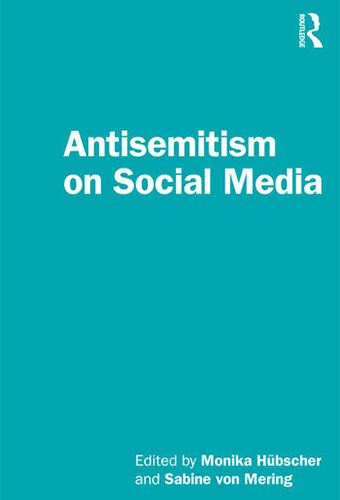
April 11, 2022
Monika Hübscher and Sabine von Mering’s Antisemitism on Social Media is a book for all who want to understand this phenomenon. It is also an invitation to students and up-and-coming and established scholars to study this further. In this webinar we take a look at this new interdisciplinary volume and discuss how social media with its technology and business model has revolutionized the dissemination of antisemitism and show that this impacts not only victims of antisemitic hate speech but also society at large. We will present a selection of the chapters. We begin with an introduction into the research field of antisemitism on social media by outlining challenges and research opportunities.
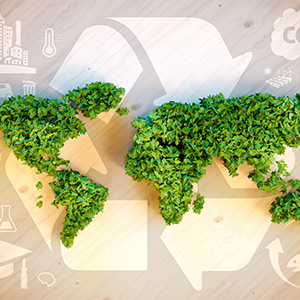
April 1, 2022
The war in Ukraine has sharpened our awareness of the need to transition away from fossil fuels and towards a sustainable energy future. That transition will require international cooperation and local action. This presentation and conversation offer three perspectives on the benefits and challenges of the Climate Smart Municipalities exchange between US and German cities on renewable energy and sustainable development.
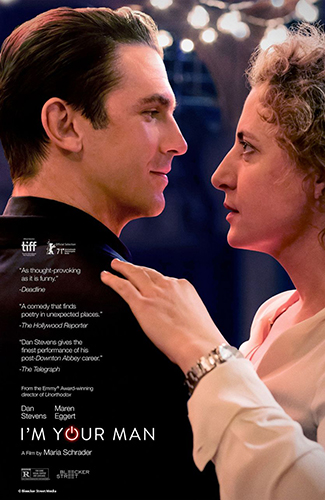
March 31, 2022
Discussion with two artists who have thought about the future of humanity: the author Emma Braslavsky and painter Agnieszka Pilat who are both trying to imagine how humans and machines will interact in the future.

March 24, 2022
The book tells the story of the season our world changed from postwar to prewar again. With world fragmentation in the news since at least the financial crisis of 2008-9, in spite of a surprising and sudden show of unity in the face of Russian aggression in Ukraine, does the story hold any lessons?
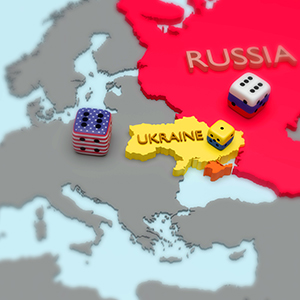
March 21, 2022
Join Steven Wilson (Politics, Brandeis), Simon Pirani (University of Durham) and Marcel Roethig (Friedrich Ebert Foundation, Kiyv, Ukraine), three experts who will discuss the broader context of the Ukraine Crisis.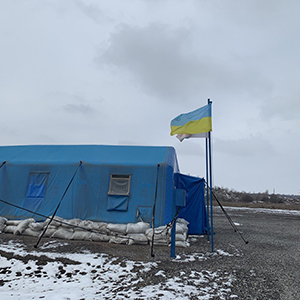
March 2, 2022
While Germany's image in Ukraine has been mainly positive in recent years, its dedication to support Ukraine is currently in question. What course are the two countries pursuing, and what is the status of the partnership?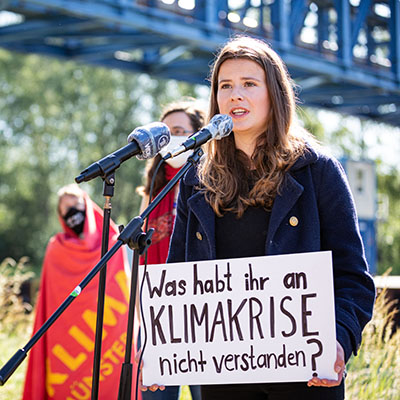
February 28, 2022
German climate activists, Luisa Neubauer and Helena Marshall lead a conversation about their ideas for a better future and what we must do to get there. This event touched on current events in Ukraine in addition to the worldwide climate crisis.
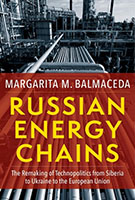
February 17, 2022
CGES Online EventJoin author Margarita Balmaceda and Douglas Rogers for a discussion of Balmaceda's new book "Russian Energy Chains. The Remaking of Technopolitics from Siberia to Ukraine to the European Union" (2021).
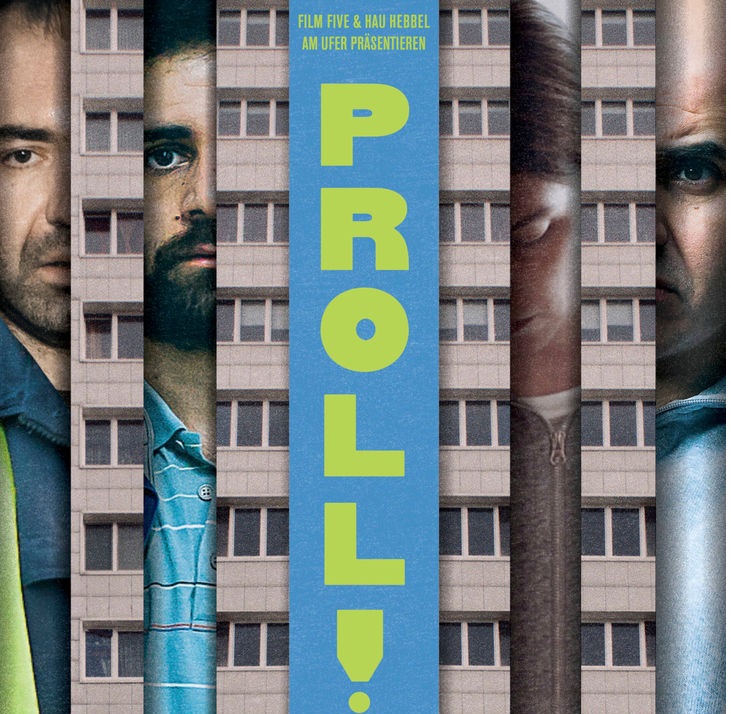
February 3, 2022
CGES Online Event
Proll! has won the prize of the best short film at the "Lola" German Film Awards in 2021. We will speak with writer Maike Wetzel and filmmaker Adrian Figueroa.
A discussion about low wage workers, isolation and loneliness, portrayed in the short film Proll!, realized during the pandemic in Germany.
Event Recommendations (not hosted by CGES)
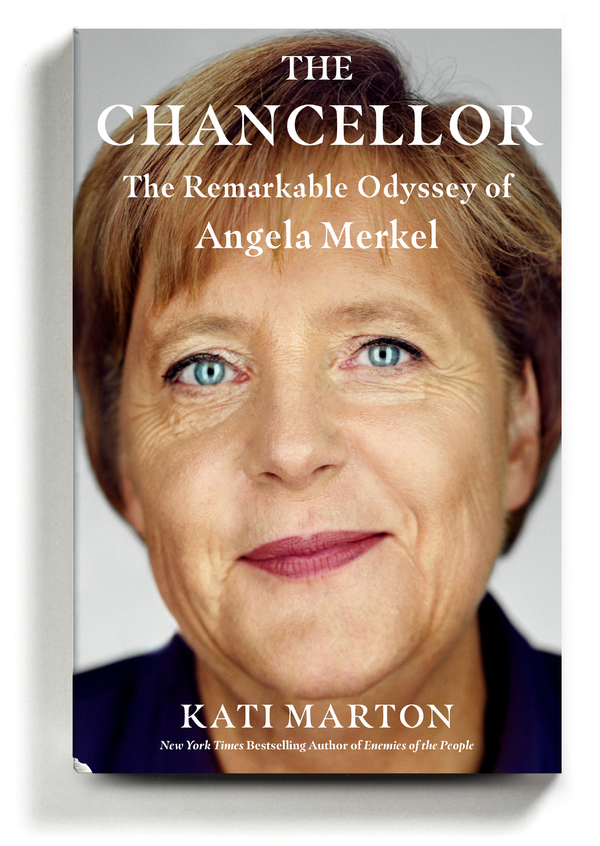
Photo Credit: Simon & Schuster
December 7, 2021
This virtual event was hosted by the Goethe-Institut Boston.
Kati Marton’s new biography, The Chancellor: The Remarkable Odyssey of Angela Merkel was published in October as the “definitive biography of German Chancellor Angela Merkel, detailing the remarkable rise and political brilliance of the most powerful—and elusive—woman in the world.” This fall, Chancellor Merkel, a pillar on the international stage, is stepping down after a remarkable 16 years in office. Merkel, a research chemist and pastor’s daughter raised in East Germany, rose to become the unofficial leader of the West. Acclaimed biographer Kati Marton set out to pierce the mystery of how Angela Merkel achieved all this in a book she calls “a human rather than a political portrait.” Marton will be in conversation with Sabine von Mering, Director of the Center for German and European Studies, Brandeis University.